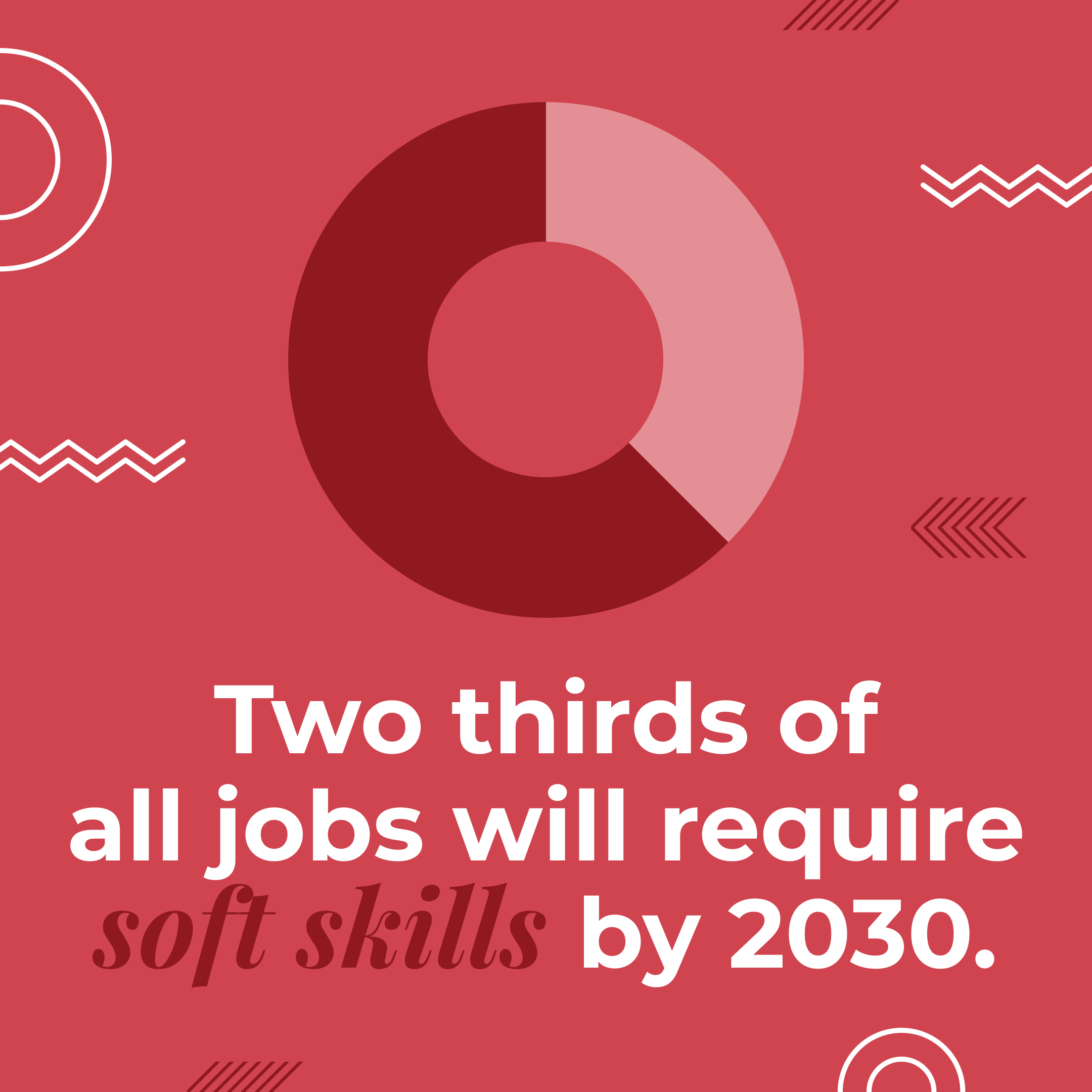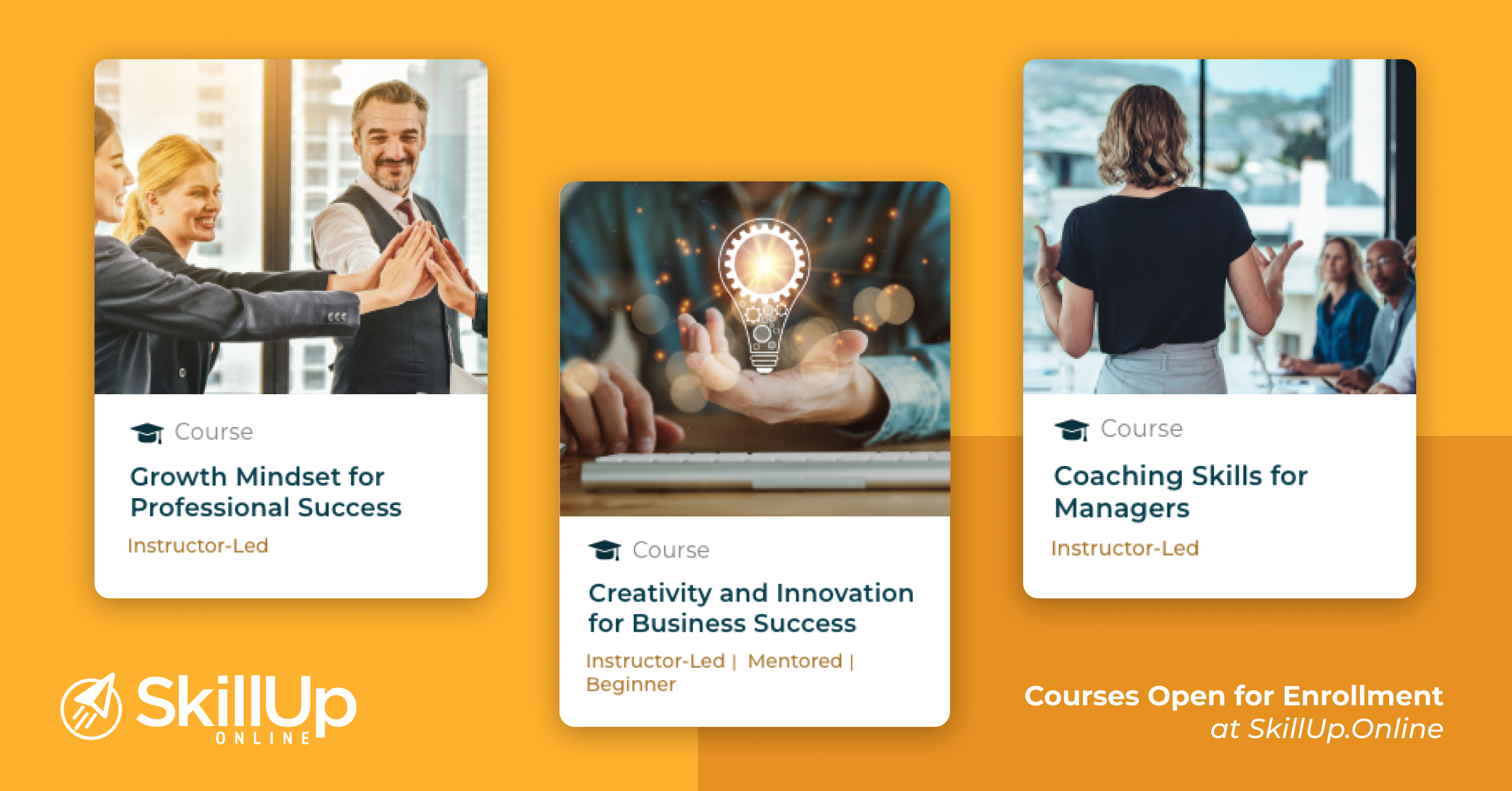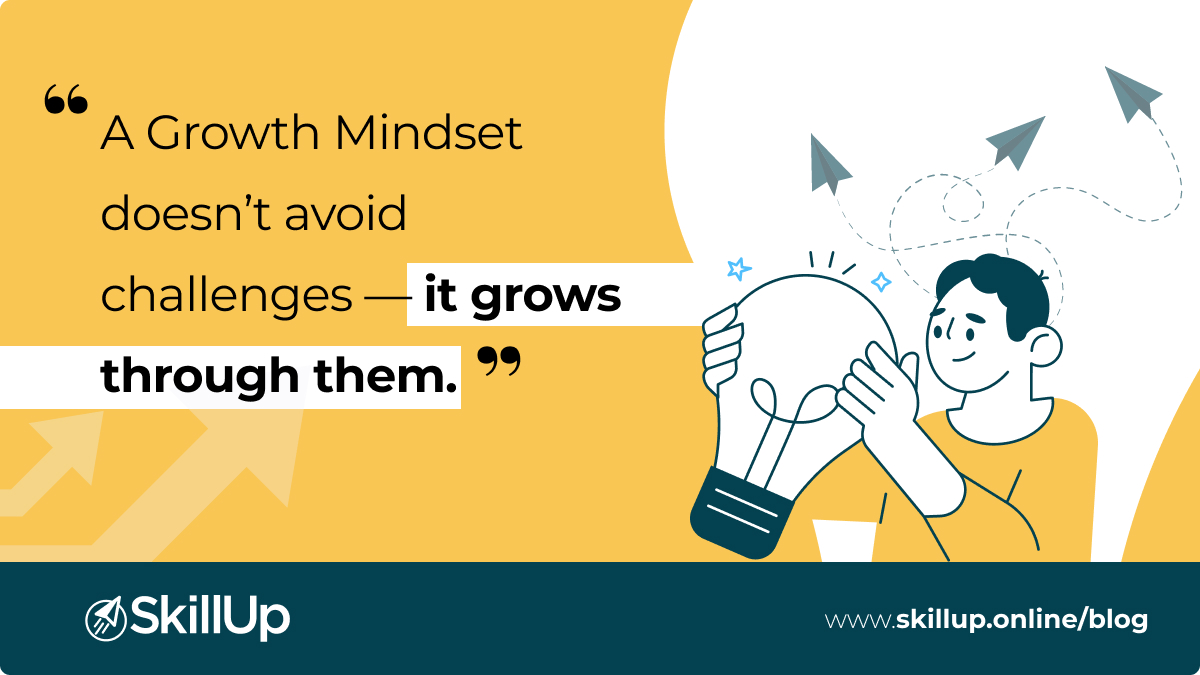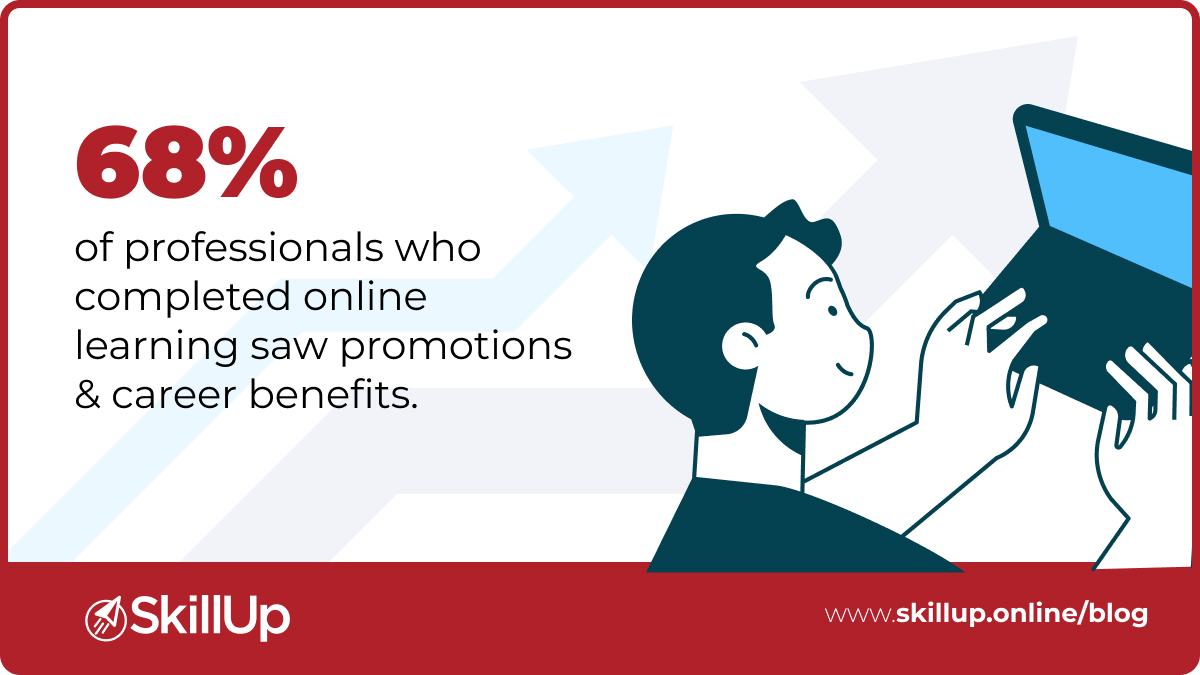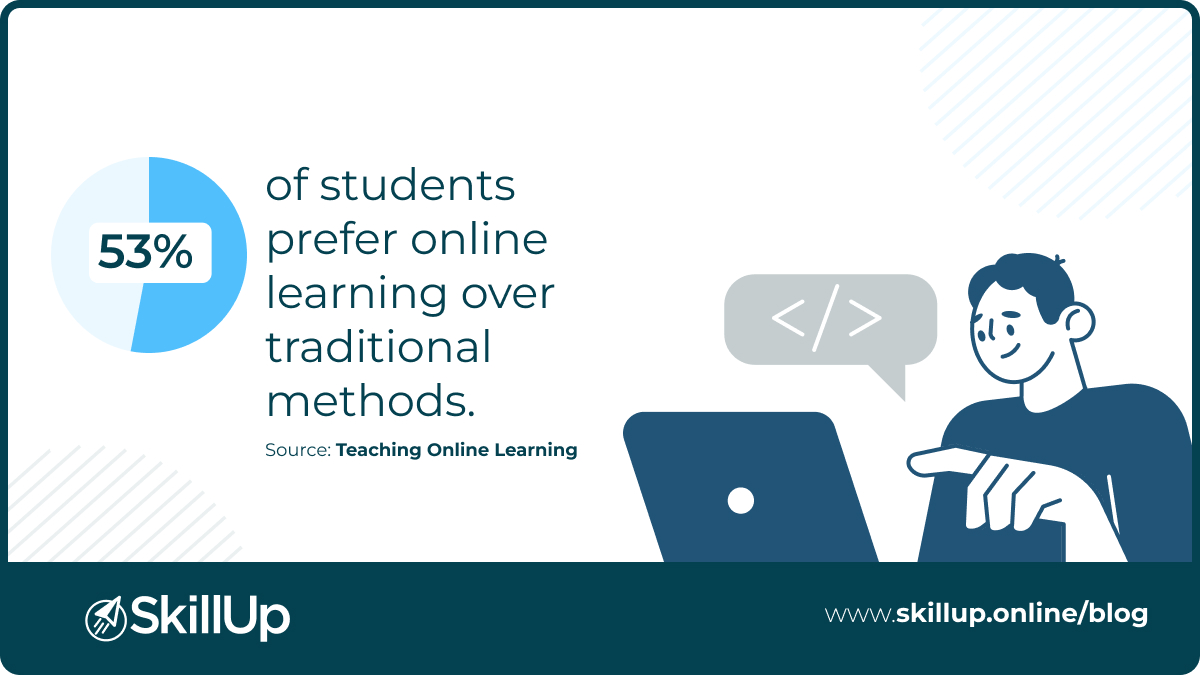IT recruitment has evolved in recent years. Gone are the days when a technical degree guaranteed an interview. With the development of recruitment software, and the realization that strong human skills are as critical as tech knowledge, the landscape for job hunters has changed.
What hiring in the IT sector looks like today
Now, 99% of Fortune 500 companies use an applicant tracking system (ATS). ATS software looks for specific keywords in your resumé such as your career objectives, technical skills, certifications, job role, work experience, skill set, achievements, projects completed, internships, personality traits , and extracurricular activities etc.
For example, if a company is hiring for a job profile of Data Engineer, ATS will search for keywords related to data science like machine learning, R (programming language), data science, Python, deep learning, natural language processing (NLP), Tableau, SQL – this list goes on. If you include these and give your resumé additional texture by covering your career objectives and other technical skills, there is a good chance your resumé will get shortlisted.
This sounds tough, as it can feel like important subtleties will get missed. However, when you realize that, on average, each corporate vacancy receives 250 resumés (Glassdoor), you start to understand why an ATS is used. The software sorts out the definite ‘nos’ and enables the recruiter to spot the few candidates they wish to interview. The subtleties can be discovered and elicited at that point.
The Skills Gap
With all that said, job hunting is still weighted very much in the talented applicant’s favor. 45% of employers are struggling to fill vacancies, and a significant proportion of those feel that applicants are lacking the skills they need; tech skills in emerging technologies are, indeed, in short supply. However, that’s not the full picture. Deloitte estimates that nearly two thirds of all jobs will be based on soft skills by 2030.
This means that professionals interested in developing a career in tech can open the door without years of experience. Instead, you can catch a recruiter’s eye with respected starter certifications and strong human skills.
So, How Do You Stand Out from the Crowd?
ATS software will, of course, be looking for evidence of technical skills needed for a job. Therefore, it’s important that you ensure you have the certifications, skills, and qualifications stated in the vacancy writeup.
However, that’s only part of the story. Employers are looking for other, less well-defined qualities, and you need to be canny about how you get your talents and experience across meaningfully.
Ability to Take Initiative
This ranks highly for hiring managers. So, if you’ve worked on projects in your job where this can be evidenced, get some examples in there. Don’t worry if that’s not part of your current role, non-business-related examples have power too. Volunteer work can evidence how you provide drive and ideas to a project; showcasing a social media account that you’ve managed and grown could be another.
Ability to Understand Data
You don’t need to be a data analyst, but being able to understand the impact of data insights is good. This might be evidenced through projects using Google analytics, for example, or other business intelligence tools. If you can show that you know how to visualize data, this will highlight your abilities to interpret and communicate business critical information.
Strategic Thinking and Problem Solving
Being able to understand a problem and interpret and communicate data is useful. However, the ability to then apply that understanding to recommending a course of action will help you to stand out from the rest. Both examples from work and your personal life could serve to evidence your abilities here.
Evidence of Continuous Learning
The tech world is evolving so quickly that IT employers need professionals who are motivated and inspired to keep developing their skills. If you’re skill-building to switch careers, this provides a great example. If you’re just starting out, you can highlight the training you’ve done to get the right certifications. Don’t let any of your efforts go to waste; they are all important decisions you’ve made in your continual development.
Interpersonal Skills & the Ability to Work in a Cross-Cultural Environment
Strong interpersonal and cross-cultural skills enable employees to connect and work seamlessly with their colleagues. As the world evolves into an increasingly virtual workplace, this skill is evolving too. As a result, you need to highlight your teamwork, managerial successes, and the strategies you use to overcome the challenges this shifting workplace presents.
Strong Written Communication Skills
The increase in virtual working triggered by the recent pandemic has emphasized the importance of strong written communication skills. Additionally, so much is happening in different time zones across continents, that the ability to communicate well in writing is critical. Face-to-face is great, but a luxury not all jobs can enjoy. Thus, knowing how to set context quickly, and then make your message interesting and accessible is a talent. If you have that strength… sing about it.
Do I need an IT background to go for an IT job?
The answer to that is yes and no. No, you don’t need a degree in a technical subject, necessarily. However, you do need to evidence your inclination and skills in a technical field to get past that ATS software.
Be aware that level of computer literacy is non-negotiable. In fact, it’s almost assumed that you can use Word, PowerPoint, Excel, video conferencing etc. So, don’t bother to list these. Focus instead on ensuring that you mention the specific tech skills highlighted in the vacancy writeup. This may include a bachelor’s and/or master’s degree. Don’t forget that additional platform and tech-specific certifications show your motivation for continuous learning. If you haven’t got a tech degree, then building your portfolio with certifications will evidence some practical experience and skills that employers are looking for too.
However, remember once you’ve got some tech skills under your belt, your soft skills, thinking, and mindset are what will help you to stand out. The great news is those can be developed and evidenced through training.
How Can I Improve My Thinking and Mindset?
Innovative thinking and a willingness to learn are just as important as leadership skills to employers now, and you can build these up. For example, Growth Mindset for Professional Success focuses on neuroscience and equips you with skill sets that broaden your mental horizon to enable you to think laterally.
If you’re seeking to boost your lateral thinking, Creativity & Innovation for Business Success will teach you how to develop new thought processes and work habits. From a leadership perspective, a great course to cut your teeth on is Coaching Skills for Managers where you will discover how to use coaching skills as an effective tool to improve the output of your team and, in turn, boost your career.
Evolution of the IT Ecosystem Over the Next Decade
Where are things heading? Technology is not showing any signs of slowing down, so there is an element of ‘who knows’. Covid has shown us how powerful connected technology is for consumers and businesses; digital is thriving. This will mean that over the next decade there will always be opportunities in web and app development, digital business analysis, project management, and product management. Professionals with skills in design and data visualization also have a promising outlook, as do people talented in digital marketing, data science, and data analytics.
With AI and automation replacing many positions in the near future, and low code requirements increasing as platforms facilitate easy development, it is strategic thinking and soft skills that will become more important. Businesses need to do something with the data at their fingertips, and data scientists could be leading those businesses, not just informing them. Organizations also need to understand how technology can be used to expand, and AI specialists could be taking leading roles in product development. Plus, digital protection is going to become more and more important, thus cybersecurity specialists will be watching out for new approaches, whilst the machines bear the brunt of the donkey work.
Already, many job roles enable you to work anywhere in the world, so understanding how to thrive in a virtual world of work is going to be key. And as tech develops, and new certifications arrive, those professionals who keep up to date with their skills and do all they can to enhance their soft skills are the ones who will flourish and succeed.

Sr. Manager – Placement & Employment Services

